“Is it possible to study martial arts every day and know how to play the piano by adapting the data and skills we learned in martial arts to the piano? Or what about adapting the skills learned from ballet to cooking? The answer is yes we can.” — Opher Brayer
We’ve seen the big data. The future of work is all about imagination, given that 65% of students in primary school today will end up working in jobs that don’t yet exist. Wanted: Disruptive Innovators for Generation Z – ready to build successful ecosystems that develop socially conscious, tech-savvy, highly adaptive minds.
Opher Brayer believes we need to redefine talent. A self-made entrepreneur, business mentor, teacher, innovator and former jazz musician, Opher’s STAGES educational movement is currently being rolled out to students across the Czech Republic. The goal of Stages according to Brayer is to equip students with the intelligences and the values that matter – the skills “we do not yet have the capacity to measure.” His program includes 14,400 short, engaging, educational games that are designed to teach skills based on the premise that by teaching the brain how to “use its imagination,” students develop a mathematical brain without needing to work at it. The games are used for 5 to 7 minutes between lessons on a school day.
Opher is an honoree of the 9th Annual Tribeca Disruptive Innovation Awards. The awards are a collaboration with Harvard Business School Professor Clayton Christensen and Tribeca Film Festival’s Craig Hatkoff and honor those who have inspired disruptive change. Brayer joins us today in The Global Search for Education.
“We have created a combined methodology that combines an intellectual model and an emotional one.” — Opher Brayer
Opher, what do you think are the important skills kids need to flourish in the world today?
Students need to have an elastic mind and an innovative mind. They must be able to learn new information 10 times faster and understand it 10 times deeper.
How does Stages create smarter citizens?
We create natural mathematical brains that can adapt to the arts, sciences, and technology, and develop a deep understanding of economics by using 4 key elements. These are pattern recognition, pattern design, analogy and real-time composition. When the child understands how to use pattern recognition techniques, he can comprehend how things are built and how they function. It’s like connecting Wikipedia to Wikihow. When you understand the mechanism of a phenomenon you can break it down into its parts and then reassemble it as a new structure. In other words, we help kids transfer the knowledge from one skill to a different skill or subject. Is it possible to study martial arts every day and know how to play the piano by adapting the data and skills we learned in martial arts to the piano? Or what about adapting the skills learned from ballet to cooking? The answer is yes we can, but only if we’ve have been trained to do it and have the best practices for it.
“Our model does not change the curriculum. It just supports the system.”
— Opher Brayer
How does Stages create kinder global citizens?
Hand by hand through the acceleration of brain development and accumulation of powerful success stories, we develop students’ passion and compassion to be involved in the world’s poverty and pain. We have created a combined methodology that combines an intellectual model and an emotional one. When a child is learning to analyze patterns in the universe and take action to re-create new ones, he is learning how to build a success model. At the same time, we train children to analyze painful events through collaboration with organizations like the Red Cross and others who support poverty. When you teach how to succeed, you also teach about failure. In this way, the child learns how to create a strong economical state and how to help the poor.
Let’s talk about the case study you ran in the Czech Republic. What worked well? What did not work as well and what lessons did you learn?
The Czech project had to deal with a local basic mentality of “this is NOT possible.” We had to convert the non-believers into believers. It was like a war zone. By the end of the 7 days training, of the teachers we knew we had a powerful unit for change acceleration. Each teacher was able to customize our model so that each of them could use it in his/her unique way. We then developed the Unique Talent Proposition of each individual teacher. We met with the teachers each month and we were able to see the change in the teacher’s mental model. Our model does not change the curriculum. It just supports the system. We enhance the child’s ability to see patterns in everything. Hence, we make the learning of every subject more interesting and more applicable to everyday life.
“We enhance the child’s ability to see patterns in everything. Hence, we make the learning of every subject more interesting and more applicable to everyday life.” — Opher Brayer
You have a big vision for Stages and the Talent System. What’s next?
We are growing fast. Next year we will be in 6 cities with 400 teachers and 10,000 smarter and happy kids. Right now we have 26 teachers and 500 kids. Our strategic plan is to be everywhere in 10 years, or at least in 1000 cities. We want to apply the whole model of education first and smart urban design immediate after. When you create multi-talented personalities, they will leave a poor city and go to a city with opportunities to make the best out of their unique talent proposition. In this way, we create a strong, smart urban ecosystem that will accept these geniuses into a community full of opportunities for them. We create innovation-based environments where science, arts, technology and economics collaborate, and where a system, structure and refined process create an innovative environment as a strong commercial industrial zone.
C. M. Rubin and Opher Brayer
Join me and globally renowned thought leaders including Sir Michael Barber (UK), Dr. Michael Block (U.S.), Dr. Leon Botstein (U.S.), Professor Clay Christensen (U.S.), Dr. Linda Darling-Hammond (U.S.), Dr. MadhavChavan (India), Charles Fadel (U.S.), Professor Michael Fullan (Canada), Professor Howard Gardner (U.S.), Professor Andy Hargreaves (U.S.), Professor Yvonne Hellman (The Netherlands), Professor Kristin Helstad (Norway), Jean Hendrickson (U.S.), Professor Rose Hipkins (New Zealand), Professor Cornelia Hoogland (Canada), Honourable Jeff Johnson (Canada), Mme. Chantal Kaufmann (Belgium), Dr. EijaKauppinen (Finland), State Secretary TapioKosunen (Finland), Professor Dominique Lafontaine (Belgium), Professor Hugh Lauder (UK), Lord Ken Macdonald (UK), Professor Geoff Masters (Australia), Professor Barry McGaw (Australia), Shiv Nadar (India), Professor R. Natarajan (India), Dr. Pak Tee Ng (Singapore), Dr. Denise Pope (US), Sridhar Rajagopalan (India), Dr. Diane Ravitch (U.S.), Richard Wilson Riley (U.S.), Sir Ken Robinson (UK), Professor Pasi Sahlberg (Finland), Professor Manabu Sato (Japan), Andreas Schleicher (PISA, OECD), Dr. Anthony Seldon (UK), Dr. David Shaffer (U.S.), Dr. Kirsten Sivesind (Norway), Chancellor Stephen Spahn (U.S.), Yves Theze (LyceeFrancais U.S.), Professor Charles Ungerleider (Canada), Professor Tony Wagner (U.S.), Sir David Watson (UK), Professor Dylan Wiliam (UK), Dr. Mark Wormald (UK), Professor Theo Wubbels (The Netherlands), Professor Michael Young (UK), and Professor Minxuan Zhang (China) as they explore the big picture education questions that all nations face today.
The Global Search for Education Community Page
C. M. Rubin is the author of two widely read online series for which she received a 2011 Upton Sinclair award, “The Global Search for Education” and “How Will We Read?” She is also the author of three bestselling books, includingThe Real Alice in Wonderland, is the publisher ofCMRubinWorld and is a Disruptor Foundation Fellow.
Follow C. M. Rubin on Twitter: www.twitter.com/@cmrubinworld

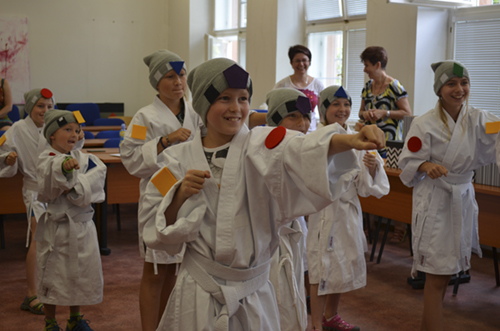
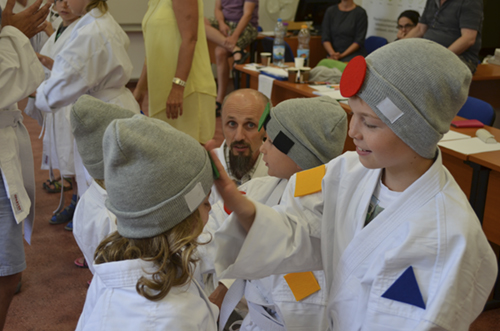
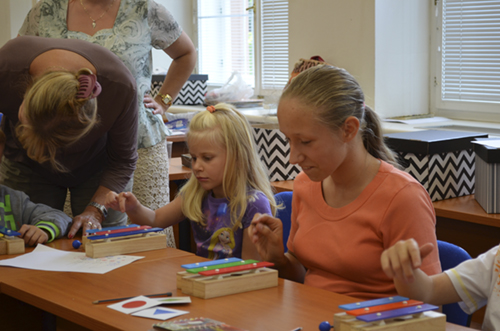
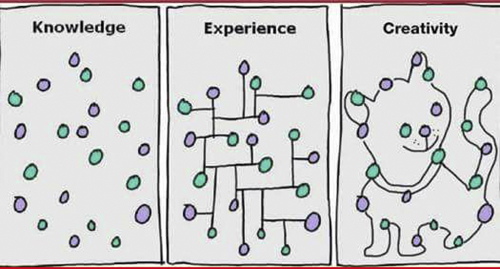
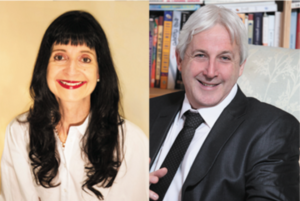
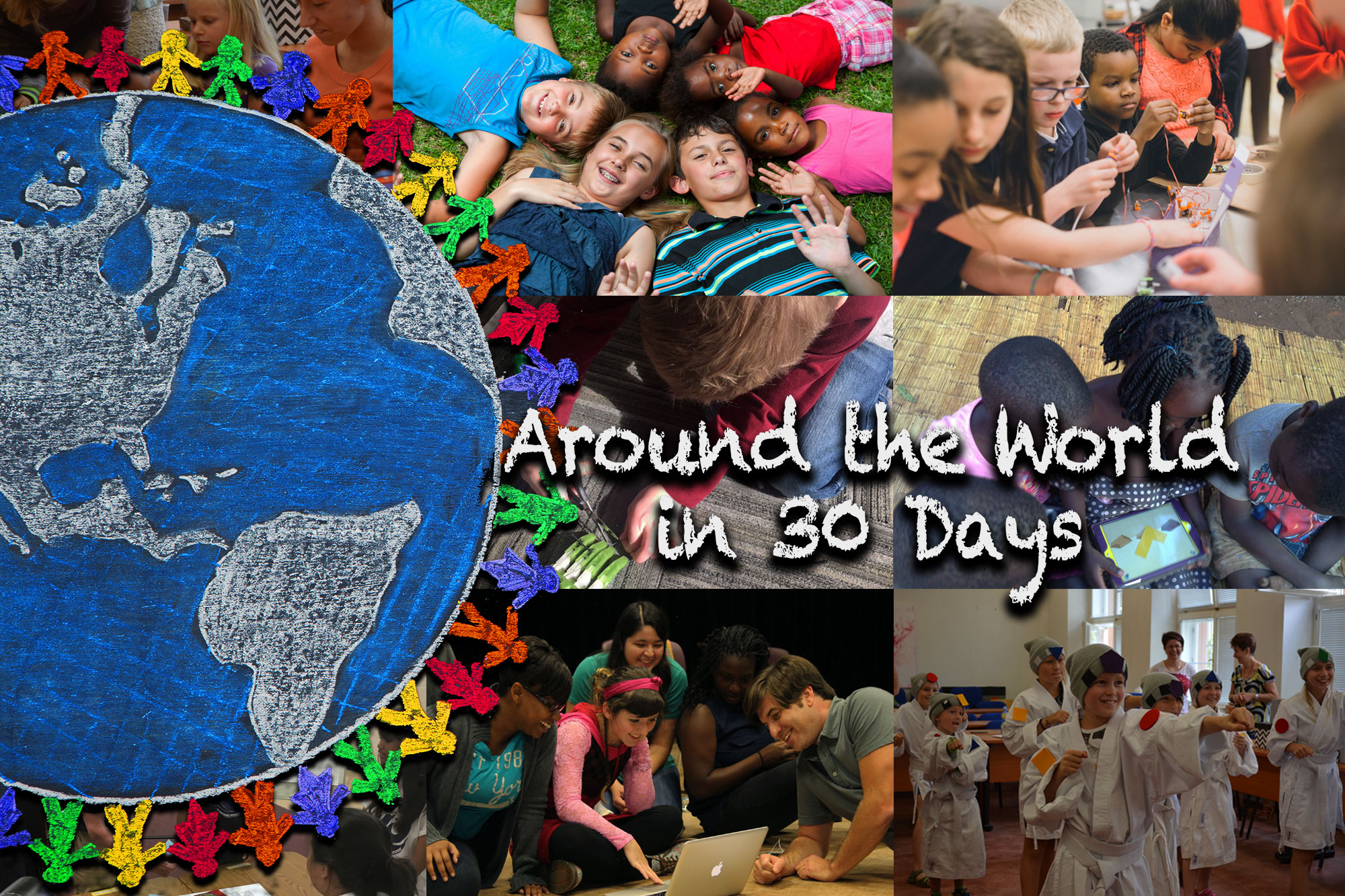
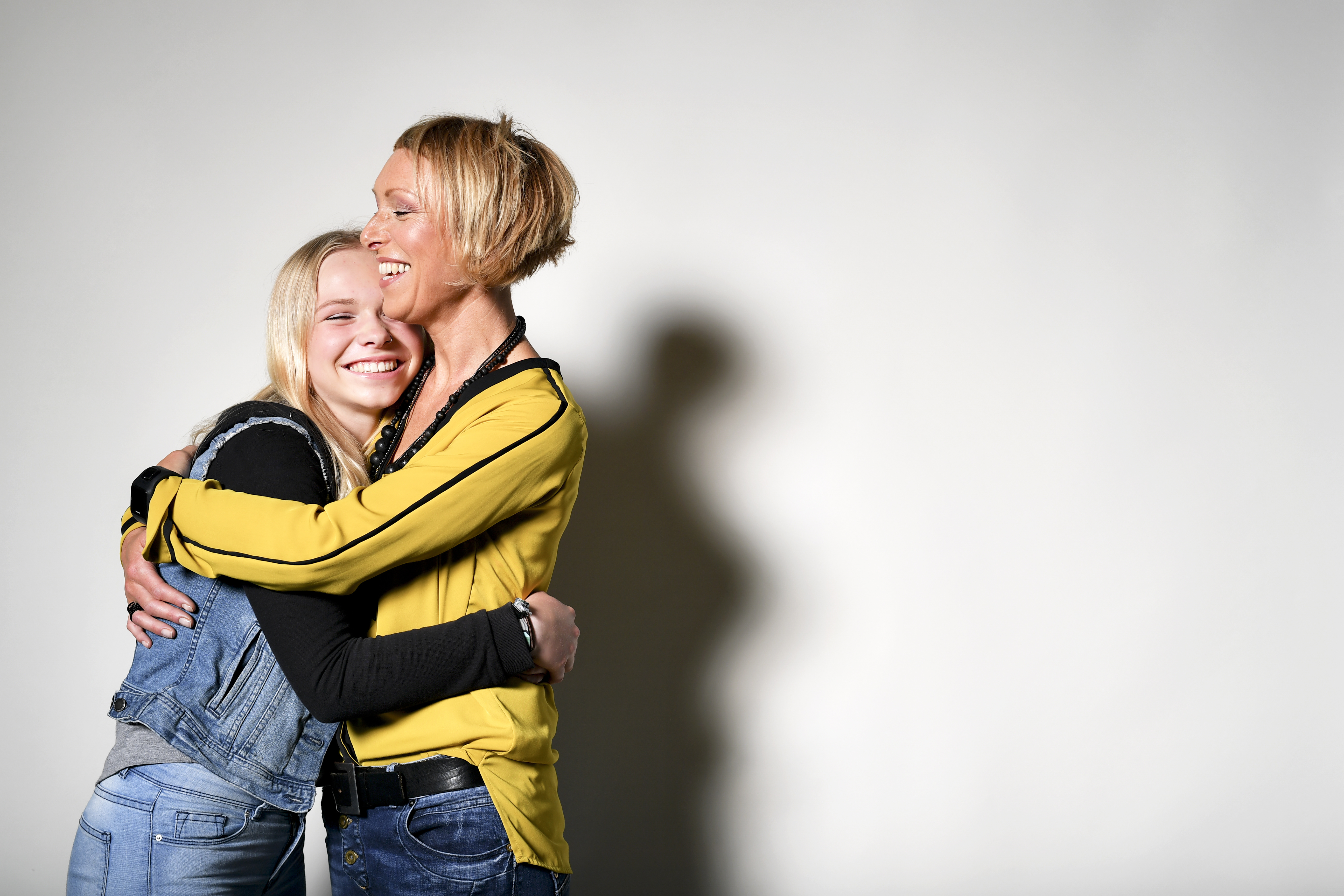

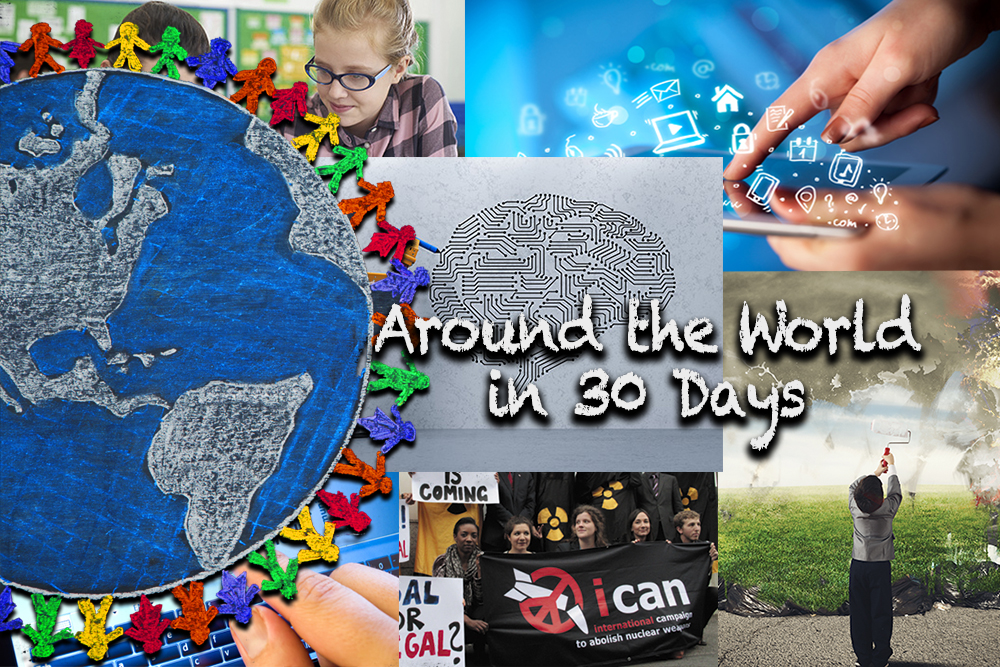
Recent Comments